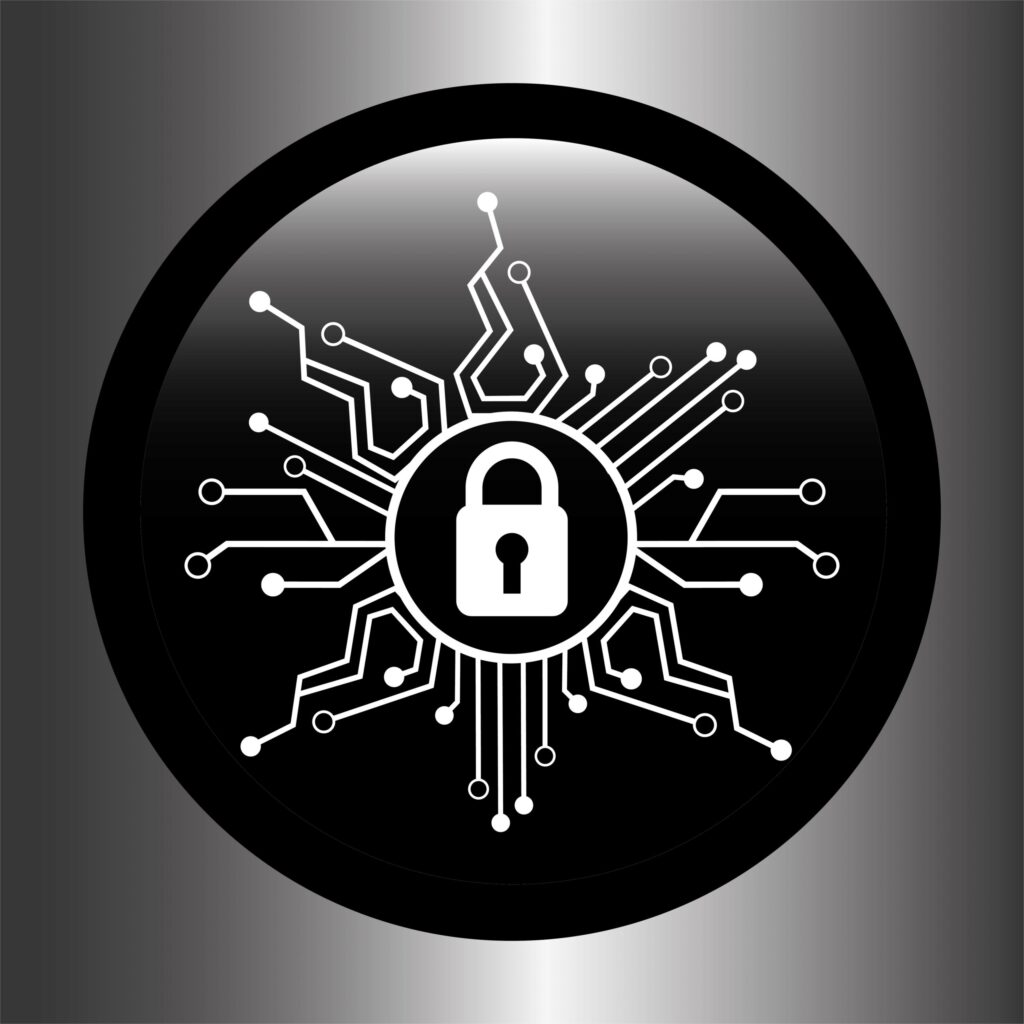A latest industrial espionage case involves theft at a US yacht manufacturer by a now ex-employee.
Source code, secret recipes, proprietary chemical formulas. Each company’s intellectual property are different.
For yacht-making companies – equally technical & luxurious in their design, this is no different.
Perhaps, that is what drove the now former employee of a New Jersey-based luxury boat manufacturer to take some of his company’s proprietary information earlier this year.
Computer Crime
The employee, Cameron O’Connell, was charged with computer crime last week after allegedly using a USB storage device to secretly download data from his employer’s internal network.
A joint statement by Burlington County Prosecutor Scott Coffina & New Jersey State Police Colonel Patrick J. Callahan on Tues. confirmed the charges.
“Industrial espionage is a very serious crime; the theft of trade secrets & other proprietary information can be devastating to a company,” Prosecutor Coffina commented in the statement. “We are committed to protecting Burlington County businesses from the stealing of their property, whether at the sales counter or in the design room.”
Statement
According to the Burlington County Prosecutor’s Office’s statement, the case will be prepared for presentation to a Burlington County Grand Jury for possible indictment.
Because the statement is low on detail, it is unclear what exactly O’Connell stole; the note says O’Connell is being charged with stealing ‘proprietary intellectual property’.
The state’s police make a point to show how valuable IP can be, saying that it can lead to job loss & other repercussions down the line.
“This type of theft comes with real-life consequences, which can cost companies millions & lead to job loss,” Colonel Callahan commented.
New Jersey
“We will continue to vigorously investigate & pursue those who seek to harm New Jersey businesses & ensure that anyone who attempts to profit from the theft of protected & proprietary information is held accountable.”
His employer, Viking Yacht Company, a yacht manufacturer that builds luxury sportfishing & motor yachts, located in Gretna, New Jersey, realised something was wrong in early Sept., when it contacted the New Jersey State Police ,& informed them their internal information network had been compromised.
How O’Connell, an electro-mechanical engineer with Viking Yacht since 2014, was able to access the data is clear. Says the statement, he used his own login information to gain access to the company’s system.
Mechanisms
What is not clear is if there were any mechanisms in place to prevent either the movement or removal of sensitive data after the fact.
https://www.cybernewsgroup.co.uk/virtual-conference-november-2020/









